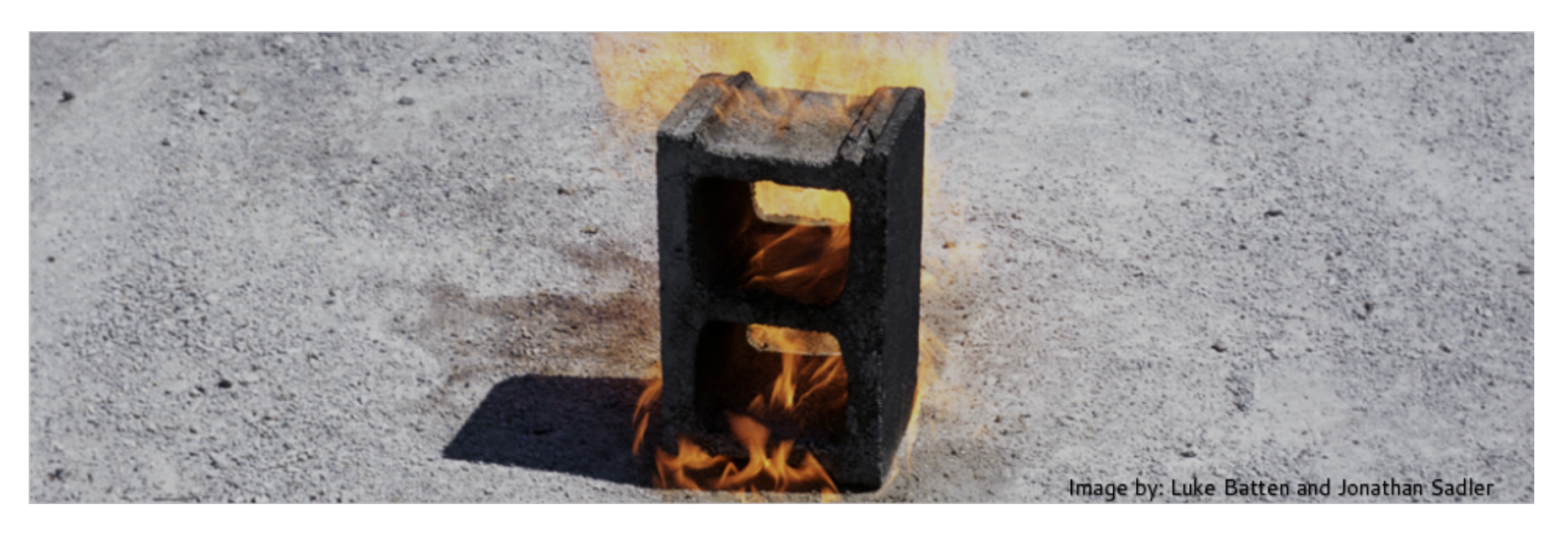On April 24, we were invited by the Embassy of Armenia in Washington, D.C. to perform at their event in commemoration of the 1915 Armenian Genocide. Hosted by H.E. Lilit Makunts, the Ambassador of the Republic of Armenia to the United States of America, the event was attended by leading members of the D.C. Armenian community and beyond including Annie Simonian Totah, Armenian American philanthropist and Armenian Assembly of America board member, and Garo Paylan, activist and former member of the Turkish parliament.
The commemoration began in the embassy courtyard with a priest leading everyone in prayer. Attendees were given red and white roses that were to be placed in front of the embassy’s khachkar, or Armenian cross-stone, to pay their respects to the 1.5 million lives that were lost.
After, we all moved inside the embassy, where H.E. Makunts gave her opening remarks and invited us to the stage. We sang and played traditional Armenian music on the kanon (qanun), a 72-stringed zither played throughout the Middle East. Most of the repertoire included works by Komitas Vardapet, a priest, ethnomusicologist, and choirmaster, who was also one of the Armenian intellectuals arrested and deported by Ottoman officials on April 24, 1915.
We participated in another event of remembrance later that day. Every year on April 24, the Armenian community of the DMV area holds a march beginning at the Embassy of Azerbaijan and proceeding past the Embassy of Turkey and the Residence of the Turkish Ambassador. They concluded their demonstration with a program in front of the White House. Community members asked us to sing “Kilikia” by composer Kapriel Yeranian and poet Nahapet Rusinian. Kilikia, or Cilicia, is a historic Armenian region that is currently located within the borders of Turkey.
We were honored to be invited to perform on this day of great significance for Armenians around the world and to celebrate the beauty of Armenian musical traditions.
Lilia and Alexandra Yaralian are first-year doctoral students in Ethnomusicology.

